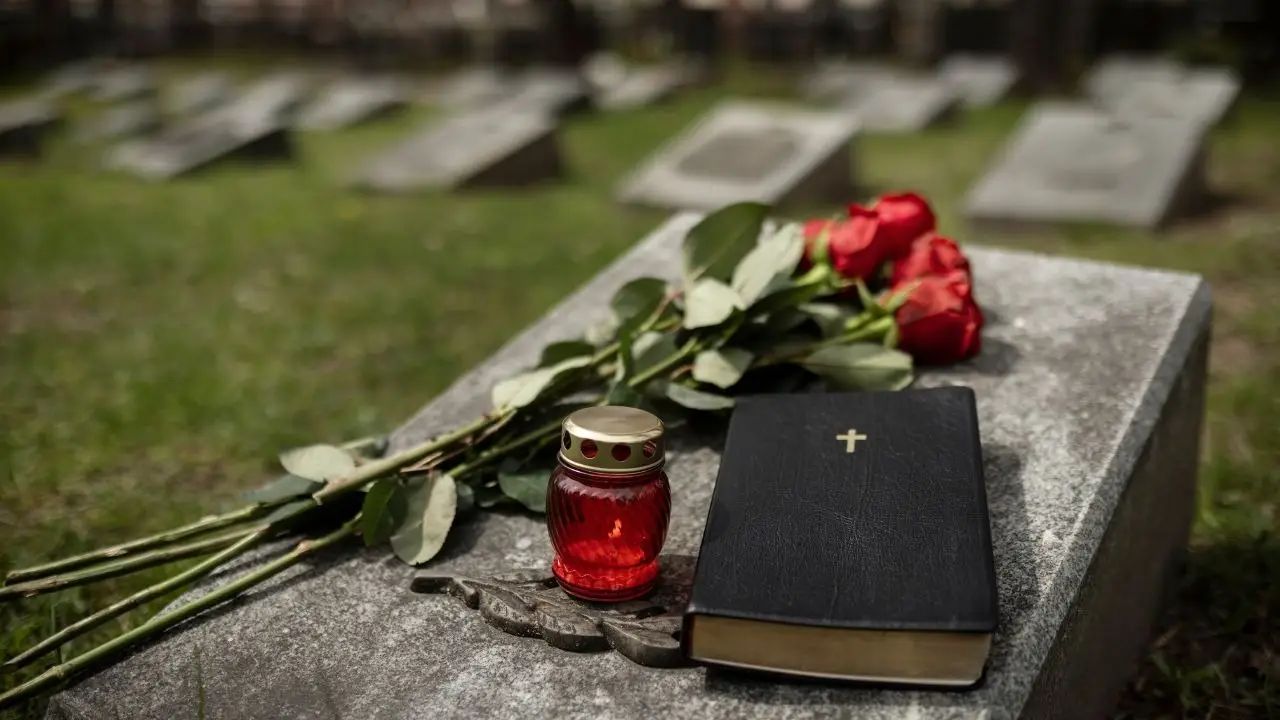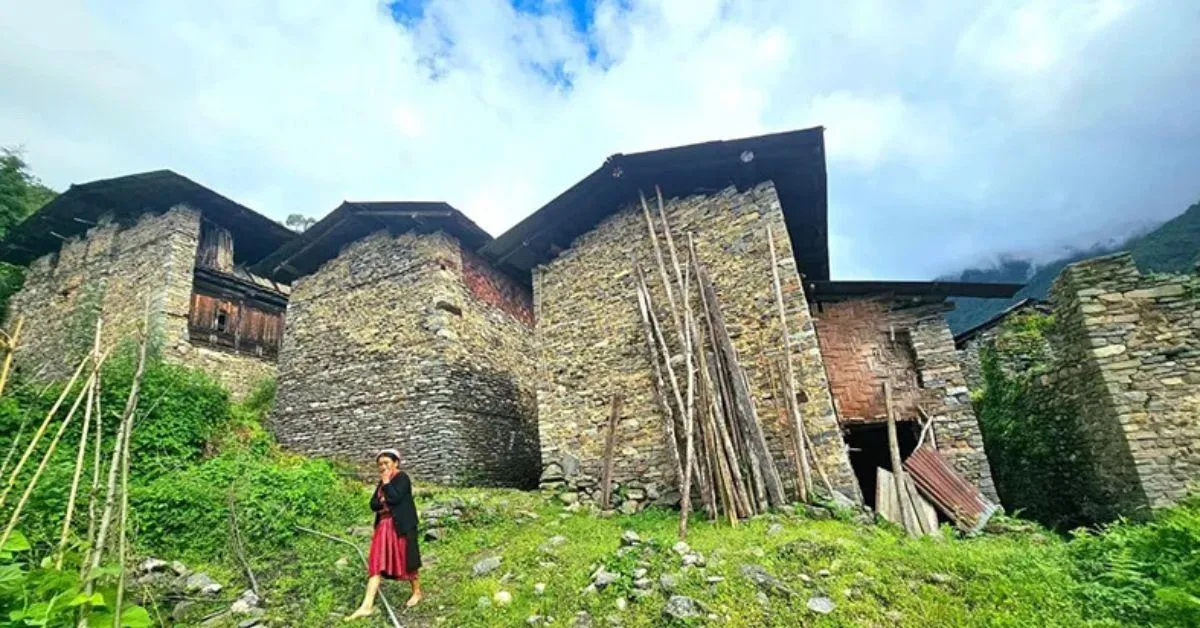By Avipsha Sengupta
Copyright republicworld

New Jersey takes a bold step toward environmentally-friendly practices by legalizing the concept of human composting in the state. Last week, Democratic Gov. Phil Murphy signed the bill that is going to make the practice have the same legitimacy as traditional burials.Also Read: Protester Buys Onion Bhaji at Anti-immigration Rally, Sparking DebateWhat is human composting?Human composting is an eco-friendly process that transforms a deceased human body into nutrient-rich soil. This process mimics natural decomposition but happens in a controlled environment to accelerate the breakdown safely and respectfully. The body is placed in a vessel surrounded by organic materials like wood chips, straw, and alfalfa, where microbes break down the body over several weeks, resulting in soil that’s beneficial for plants and trees.The process typically takes about 30 to 90 days, depending on the method, and produces roughly one cubic yard of soil that can be returned to the deceased’s family for use in memorial gardens, tree planting, or donated for conservation purposes.Why is the decision an important step towards sustainability?By legalizing human composting, New Jersey supports green burial practices that conserve land, avoid toxic chemicals, and honor ecological cycles. It also respects individual choice by expanding death care options, allowing families to memorialize loved ones through ecological renewal, like nurturing plants or gardens.Also Read: Man Breaks World Record, Lifts 3 lifts Adults Using His teeth-WATCHAre there other states in the US that allow human composting legally?Currently, the process is legal in about 12 states that include Washington, Oregon, California, Vermont, Nevada, Colorado, New York, Arizona, Delaware, Maryland, Minnesota, and Maine, with Washington being the first one to take the step all the way back in 2025.



